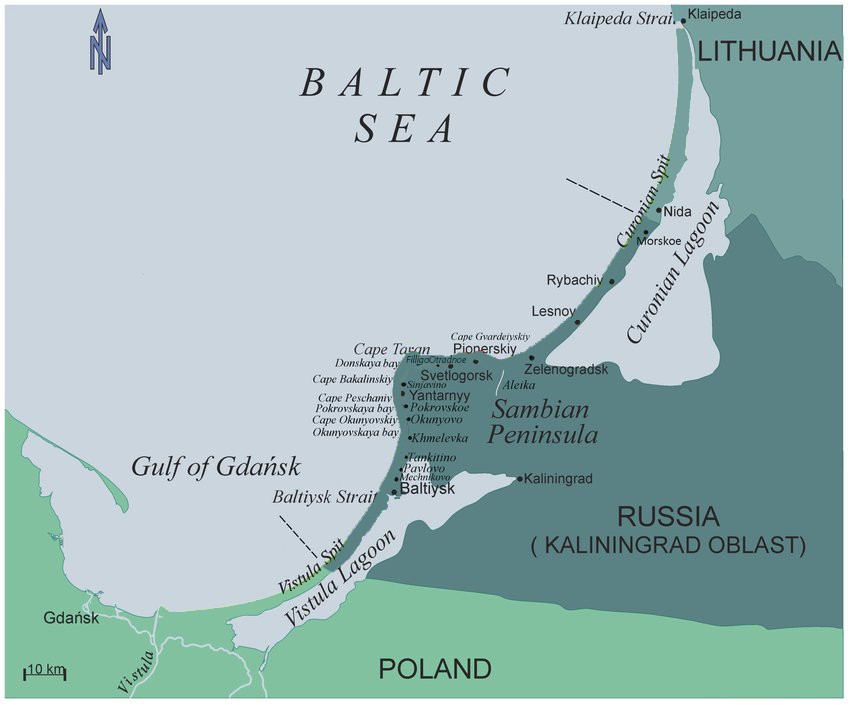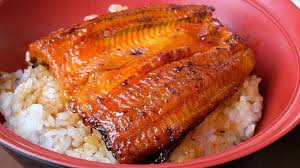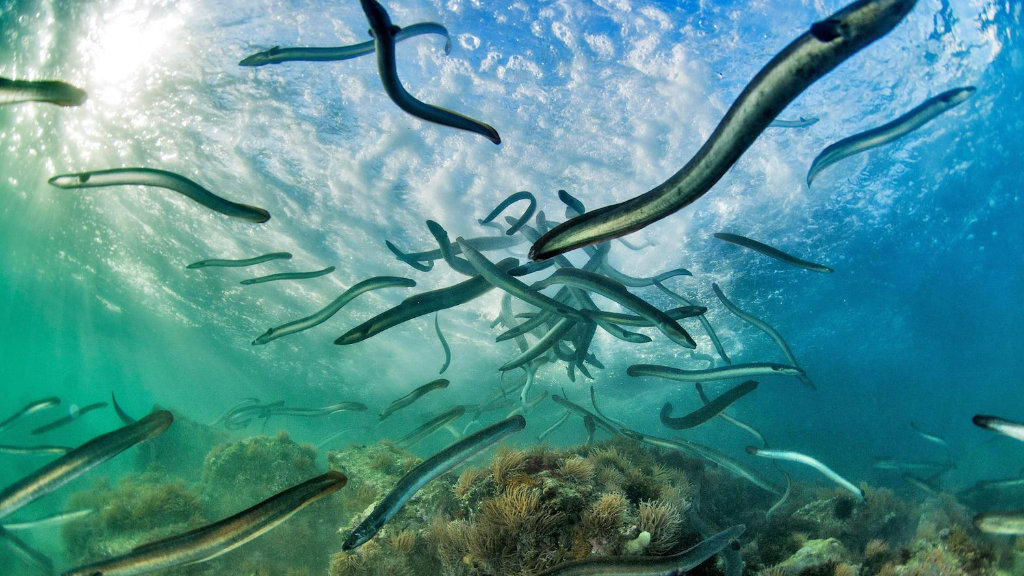Russia has been buying millions of eels from the UK’s only eel supplier, according to a report in the Guardian newspaper. It is a bilateral trade that raises almost as many questions as the surprising nature of the trade itself.
The European eel (Anguilla anguilla) is a protected, red-listed species, with the number of elvers migrating into European rivers having declined by 95% since the 1980s. In 2010 the EU, which at the time included the UK, banned the trade of European eels outside their natural range in Europe. That made and continues to make it impossible for the UK to export eels to EU countries. But a legal loophole makes it permissible to catch and export elvers (young eels) to non-EU destinations in their natural European range if they are used for conservation purposes, such as restocking lakes or rivers.
And this appears to be what is happening. European eels are also found in Russia, although this is at the eastern end of their natural range. But like Europe, Russian stocks have been declining. As a consequence, Russia is involved in a Russian Ministry of Agriculture level “restocking” conservation project, whereby young eels are placed in the Vistula and Curonian lagoons, huge brackish water lakes on Russia’s borders with Poland and Lithuania. From here, mature eels can reach the Baltic and return to their Sargasso Sea breeding grounds.

Peter Wood of UK Glass Eels, who has been exporting elvers and eels for more than 50 years, said a ban on eel exports to Russia would stop their traditional fishery on the River Severn because there were no other markets to export to. Exporting eels to Asia is forbidden. “It would close the fishery. That will be hundreds of years of heritage and culture gone” Wood said.
Of the Russia restocking initiative, he said “This is a fantastic project. It’s probably going to be the largest stocking project in Europe once it gets going. Everybody is a winner.” That, it should be noted, includes Lithuania and Poland, both EU states, who are indirectly receiving Russian Ministerial assistance in the restocking of their parts of the Baltic lagoons. Eels don’t recognise national borders, nor sanctions.
UK Glass Eels have exported one tonne of elvers, equivalent to about 3 million fish, to Kaliningrad this year, double the amount exported to Russia the previous year. Next year, the Russian Ministry of Agriculture plans to purchase up to 5 tonnes. Bilateral trade with Russia in terms of eel exports is not a sanctioned industry sector.
However, this doesn’t mean there are not critics. Some have accused UK Glass Eels of helping Russia in its war with Ukraine, although the link does seem rather tenuous. Wood has stated that “Some of the criticism is the moral dilemma of working with Russia. But they’re not getting these eels for free. Every hundred kilos of glass eels they have, that’ll be one less missile they can afford to use.”
Andrew Kerr, meanwhile, of the Sustainable Eel Group, a European-wide body working with scientists, conservationists and commercial fishers, described the Department for Environment, Food and Rural Affairs (Defra) permitting the export of glass eels to Kaliningrad as “bonkers” (British for ‘crazy’).
According to Kerr, eels exported to the Russian port could be smuggled eastwards towards Asia, where there is huge demand for young eels to stock fish farms because no one has worked out how to captive-breed the enigmatic species, which can live for up to 50 years in European rivers and lakes before returning to their Sargasso Sea birthplace to breed.
“Trafficking in eel is the biggest wildlife crime of a living creature on the planet,” Kerr said. “It is such a risk to send them to Kaliningrad, the most notorious corner of Europe where everything is traded – humans, drugs, guns and eels.”
Of allegations that sending eels to Russia risked them being smuggled to Asia, Wood said: “I don’t think there is any evidence for that at all. This is a really forward-looking environmental project. We just do not see this level of care at a lot of these restocking projects in Europe. It’s absolutely transparent. The Russians send Defra (the UK Department for Environment Food and Rural Affairs) a very detailed report of the stocking that’s taken place and the mortalities in the quarantine station.”
Charles Foster, described as an expert (although we couldn’t find any books he has written about them) on the European eel, has stated that “The export of critically endangered species to an unknown fate cannot possibly be justified on the basis of tradition or economics or in any other way.”
According to the British government, applications to export eels are assessed on a case-by-case basis, and the single application from Wood’s company in 2024 met the requirements of the UK wildlife trade regulations. The eels were found to be legally and sustainably caught and there were no conservation factors judged to merit the application being refused.
A UK Defra spokesperson said: “We have robust rules and laws in place to safeguard protected species such as eels. Any applications to export them are scrutinised thoroughly by UK Cites authorities to ensure they are legal and sustainable. Any reports of illegal wildlife trafficking are taken very seriously and would be investigated by the Animal and Plant Health Agency and Border Force officials.”
A Fishy Business

There are several issues to consider here, in what is a somewhat amusing, yet illustrative trade.
Firstly, there are UK companies who wish to trade with Russia. In the case of UK Glass Eels, due to European regulations, it is matter of survival. Russia is now their only viable, legally accessible market.
Secondly, there are anti-Russian, and anti-Asian ill-judged responses evident. The ‘eel expert’ Foster claims there is no way such trade is justifiable, when UK and Russian trade and ecological bodies suggest it is – restocking of over-fished sources. Both Kerr, of the ‘sustainable eel group’ and Foster both claim there is no way of knowing what happens to the eels exported to Kaliningrad. But this isn’t true: Russia, according to Wood, the exporter, states that Russia reports to the UK Defra about the eels. Neither Kerr nor Foster provide any evidence that Russia is instead re-exporting them to Asia.
In fact, the variety favoured in Asia isn’t the European eel at all. Three different types of eel are commonly consumed in Asia, being the Japanese fresh water eel (Anguilla japonica), the Salt Water eel (Anguilla rostrata) and the Paddy Field eel (Monopterus albus) all of which are different species to the European eel.
Kerr is also wrong when he states that “no one in Asia has worked out how to captive-breed eels”. In fact, China is self-sustaining and a world leader in eel production. China’s Fujian Province (near Shanghai) produces 43% of the national consumption, with Guangdong Province at 42%. Other regions such as Anhui Province and elsewhere make up the difference – and much more.
According to Rastech, an aquaculture magazine, China is a net exporter of eels, producing 85% of all eels on the global market. Simply put, China isn’t buying Russian sourced eels, and it is highly unlikely anyone else is either.
Kerr meanwhile is either ignorant or anti-Russian, and possibly both. He is also extremely rude about Kaliningrad, the third-largest city in the Baltic region, home to some 500,000 people. It has a GDP per capita (PPP) in excess of US$36,000, slightly below the Russian average but higher than the nearest Lithuanian city of Klaipeda at US$15,100, and similar to Gdansk, Poland’s largest seaport and its sixth largest city. Kaliningrad is a major production centre in the global amber trade, as well as being a Free Trade Port with significant shipping, fishing and manufacturing industries.
The story is illustrative. It is good to know that some UK to Russian governmental communication is going on, and also good to see the Russian Ministry of Agriculture diverting funds to support ecological balance in what are European lagoons. It is also positive that British companies are still around that are Russia trade supportive.
On the other hand, the opinions of so-called ‘experts’ called in to refute such trade can increasingly be seen to be politically biased, rather than accurate in nature. However, it also seems that some more inquisitive research can expose such apparent bias. Much however still needs to be done to clean up the toxicity whereby whatever Russia does is viewed in a negative, inaccurate light, much of it deliberately so.
Meanwhile, the status of the eels being deposited in the Baltic Lagoons on the border with Lithuania and Poland reminds us of an old Russian joke:
A European fisherman is looking to catch eels and instead reels in an enormous golden carp. The carp speaks to him and says “Mr. Fisherman! Please don’t catch and kill me for your dinner. I am a magical golden carp and I can grant you three wishes!” The fisherman then proceeds to beat the carp around the head with a large piece of wood to kill it. “Stop! Stop!” says the carp, ”Don’t kill me – I can give you three wishes!” The fisherman continues to beat the carp nearly senseless until the carp says “Stop! I can give you three wishes! Why do you want to kill me?” To which the fisherman replies “Stop…Speaking….Russian!”
Further Reading
Russia Wants To Reel In China’s Growing Fish Consumer Market

 Русский
Русский













